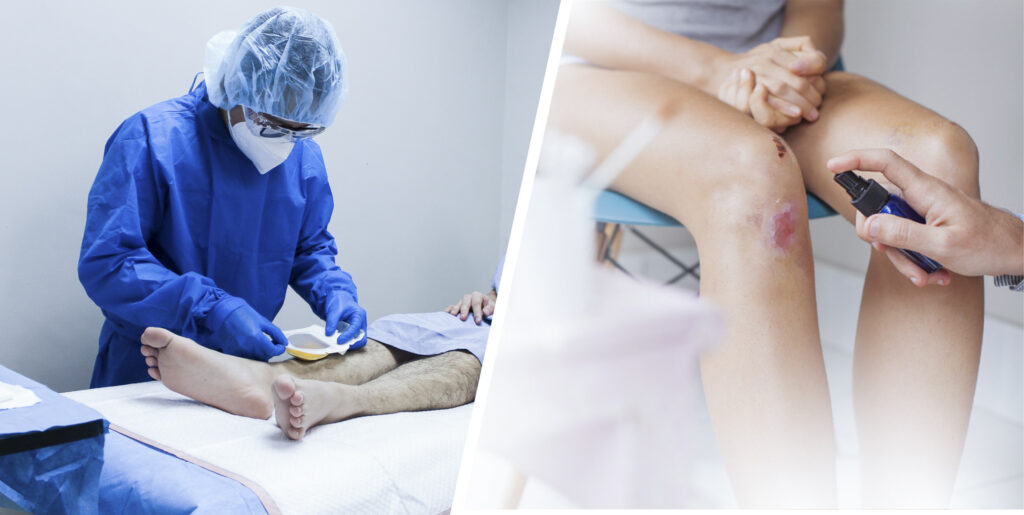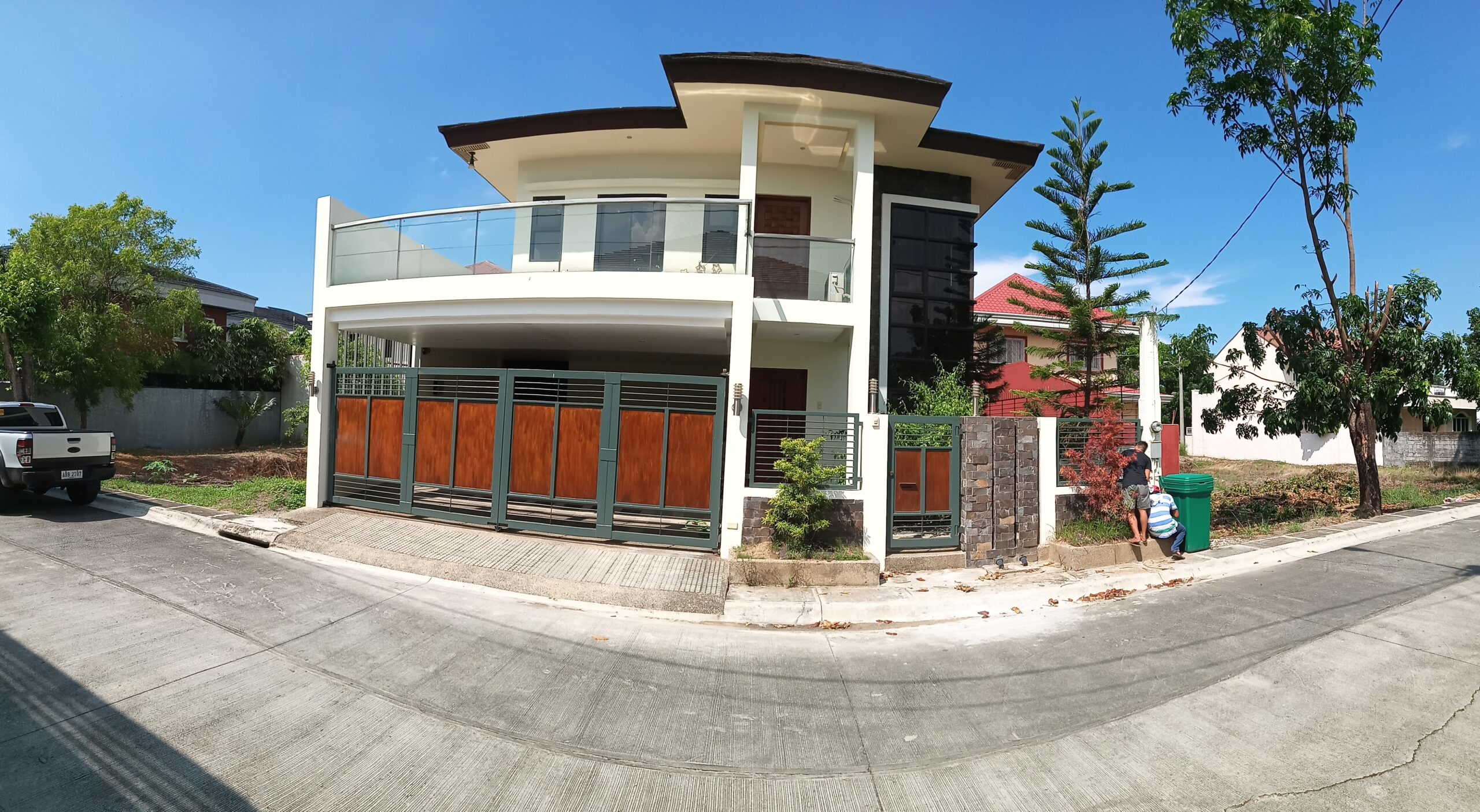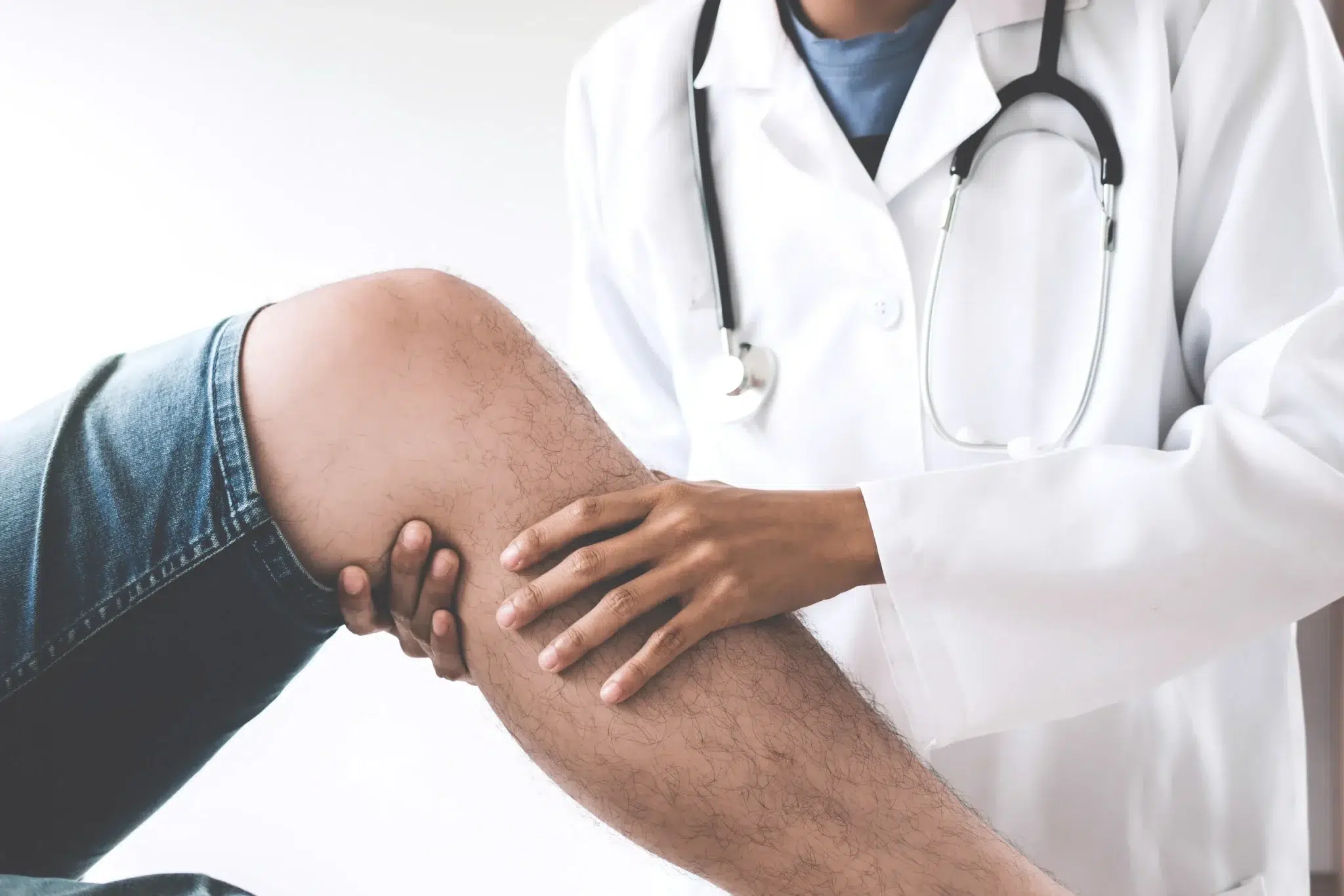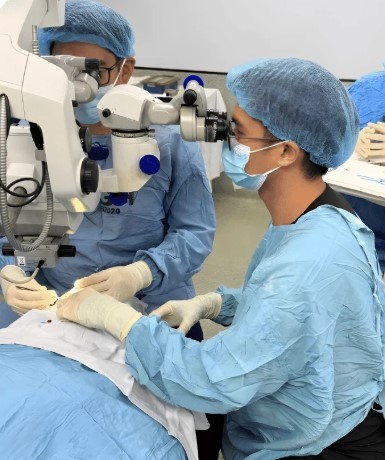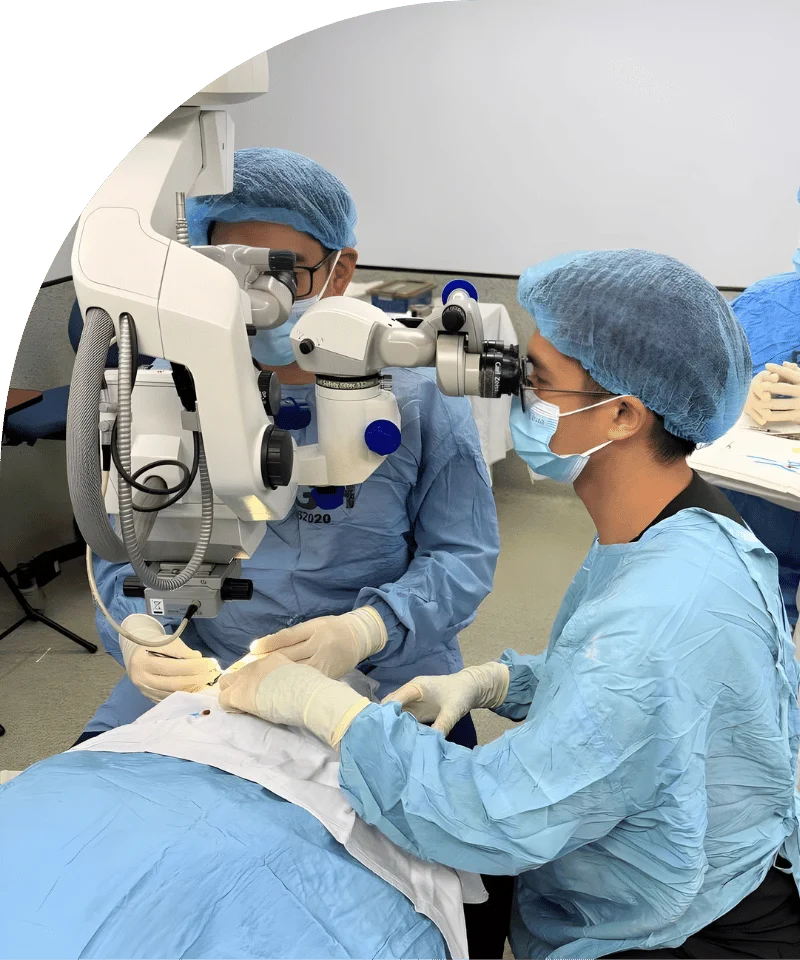Understanding the Role of a Wound Care Specialist in the Philippines
A wound care specialist in the Philippines is a highly trained medical professional dedicated to diagnosing, treating, and managing different types of wounds. Unlike general practitioners who provide broad healthcare services, wound care specialists focus on complex or chronic wounds that require advanced techniques and consistent monitoring. Their expertise ranges from managing simple surgical wounds to addressing long-term conditions like diabetic ulcers or pressure sores. Patients often underestimate the importance of professional wound care, believing that over-the-counter remedies or home treatments are enough. However, improper treatment can lead to severe complications, including infection, delayed healing, or even the risk of amputation in chronic cases. By working with a wound care specialist Philippines patients can gain access to comprehensive treatment plans designed to accelerate recovery. These specialists not only heal wounds but also teach patients and families how to prevent further complications and manage overall health effectively.
Types of Wounds That Require Professional Care
Not all wounds heal naturally without complications, which is why recognizing when to seek medical help is vital. Acute wounds, such as cuts from accidents, surgical incisions, and burns, may seem minor but can worsen if not managed correctly. On the other hand, chronic wounds like diabetic foot ulcers, pressure sores, and venous ulcers demand specialized care to prevent them from becoming life-threatening. For instance, diabetic wounds are particularly common in the Philippines due to the country’s rising cases of diabetes. These wounds heal slowly because of poor circulation and high blood sugar, making them prone to infection. Another category is traumatic wounds, which result from accidents or injuries and often require urgent care to prevent further complications. Signs that a wound requires professional intervention include persistent pain, foul odor, swelling, discharge, or if the wound shows no progress in healing after several days. A wound care specialist Philippines clinics employ can address all of these conditions with tailored approaches for each patient.
Why Seek a Wound Care Specialist in the Philippines
Consulting a wound care specialist in the Philippines offers multiple advantages compared to relying solely on general physicians or self-treatment. Accessibility is one major benefit, as more hospitals and clinics across major cities and even provincial areas now provide wound care services. Many specialists also offer cost-effective treatment plans adapted to Filipino healthcare needs, making quality care more affordable. Another reason to seek specialized care is the speed and accuracy of treatment, which can make a significant difference in patient outcomes. For example, early intervention in chronic wounds can prevent amputations and other severe complications. Culturally adapted treatments also allow specialists to consider local patient habits, diets, and lifestyles, making recommendations more practical and sustainable. In addition, patients gain peace of mind knowing that their recovery is managed by professionals with advanced training. Ultimately, choosing a wound care specialist Philippines patients trust is an investment in health, faster healing, and overall quality of life.
Advanced Treatments Offered by Wound Care Specialists
Modern medicine has significantly transformed how wounds are treated, and specialists in the Philippines now use advanced techniques previously unavailable in the country. One of these methods is negative pressure wound therapy, which uses suction technology to promote healing and remove infectious material from wounds. Hyperbaric oxygen therapy is another advanced treatment that helps speed up healing by increasing oxygen supply to tissues, which is especially effective for chronic wounds like diabetic ulcers. Wound care specialists also apply skin substitutes and advanced dressings that protect wounds while encouraging new tissue growth. Infection management is a crucial part of treatment, as improper wound care can lead to sepsis, which is life-threatening. These specialists also integrate technology, such as digital wound measurement tools, to track progress and adjust care plans effectively. By combining modern therapies with traditional wound management, a wound care specialist Philippines clinics employ can provide patients with cutting-edge treatment and significantly improved healing outcomes.
Choosing the Right Wound Care Specialist in the Philippines
Selecting the right wound care specialist can feel overwhelming, but there are clear factors patients should consider. Credentials are the first step, as specialists should have certifications in wound management and affiliations with reputable hospitals. Experience also matters, especially for those dealing with complex wounds like diabetic ulcers, where precision and expertise are crucial. Patients should also check whether the specialist has access to advanced equipment and facilities, as this ensures higher-quality treatment. Word of mouth remains a powerful tool in the Philippines, so patient reviews, recommendations, and referrals from trusted healthcare professionals should not be overlooked. Availability is another factor since chronic wounds often require consistent follow-up care, meaning a specialist with flexible scheduling can make a big difference. Patients should also look for doctors who provide comprehensive education, ensuring both the patient and caregivers understand the healing process. By choosing a wound care specialist Philippines patients can rely on, the path toward recovery becomes much smoother and more reassuring.
Benefits of Specialized Wound Care Services
Specialized wound care services provide advantages that go beyond simple wound closure. One of the biggest benefits is faster healing, as specialists apply evidence-based methods designed to accelerate recovery while minimizing complications. Another major advantage is the reduced risk of long-term disability or amputation, particularly for patients with diabetes or vascular conditions. Patients also enjoy improved quality of life, as proper wound care minimizes pain and discomfort while restoring mobility. Specialized services provide personalized treatment plans that cater to each patient’s unique condition, lifestyle, and medical history. Family members and caregivers also benefit, as they receive guidance on how to assist in the patient’s healing process effectively. Preventive strategies offered by specialists help ensure that wounds do not reoccur, especially in patients with chronic conditions. Overall, consulting a wound care specialist Philippines patients trust provides not just healing but also long-term health stability and peace of mind.
Preventive Measures to Support Wound Healing
Wound care does not stop at the clinic; proper preventive measures at home play an equally important role in healing. Maintaining proper wound hygiene is the first step, as keeping the wound clean and covered prevents infection. Nutrition also plays a vital role, with protein-rich foods, vitamins, and minerals supporting faster tissue repair. Lifestyle adjustments, such as managing blood sugar for diabetic patients or avoiding smoking, significantly contribute to wound recovery. Family members and caregivers are also crucial, as they can help monitor wounds for signs of infection or complications. Regular follow-ups with a wound care specialist Philippines clinics provide are necessary to track progress and adjust treatment plans when needed. Patients should also wear appropriate footwear and protective gear if they are prone to injuries, particularly those with mobility challenges. By combining professional care with preventive measures, patients can enjoy faster recovery and reduced chances of future wound problems.
The Growing Need for Wound Care Specialists in the Philippines
The demand for wound care specialists in the Philippines continues to rise, largely due to an increasing number of chronic health conditions. Diabetes, for example, affects millions of Filipinos and is directly linked to the prevalence of slow-healing wounds. The country’s aging population also adds to the growing need, as elderly individuals are more prone to pressure ulcers and mobility-related injuries. With urban lifestyles contributing to higher rates of obesity and vascular diseases, wound-related complications are expected to rise. Filipino healthcare providers are responding by expanding wound care clinics, training more specialists, and investing in modern wound healing technologies. As awareness grows, more patients are realizing the importance of professional wound care and the risks of delaying treatment. By addressing this demand, a wound care specialist Philippines clinics employ is helping shape a healthier future for patients nationwide.
Frequently Asked Questions (FAQ)
1. What makes a wound care specialist different from a regular doctor?
A wound care specialist is trained specifically in advanced wound management, focusing on both chronic and acute wounds, while a regular doctor provides general medical care.
2. How much does it usually cost to see a wound care specialist in the Philippines?
Costs vary depending on the clinic and treatment required, but many specialists in the Philippines offer affordable packages compared to international rates.
3. Are wound care services covered by PhilHealth or private insurance?
Yes, many wound care treatments are covered either partially or fully, depending on the type of insurance and hospital accreditation.
4. How long does it usually take for a chronic wound to heal under specialist care?
Healing time depends on the severity of the wound and the patient’s overall health, but consistent treatment usually leads to faster recovery compared to self-care.
5. Can wound care specialists treat burns and surgical wounds?
Yes, wound care specialists handle a wide range of wounds, including burns, surgical incisions, traumatic wounds, and chronic ulcers.
6. Where can I find the best wound care clinics in the Philippines?
Many top hospitals and specialized clinics in Manila, Cebu, and Davao provide excellent wound care services with certified specialists.

